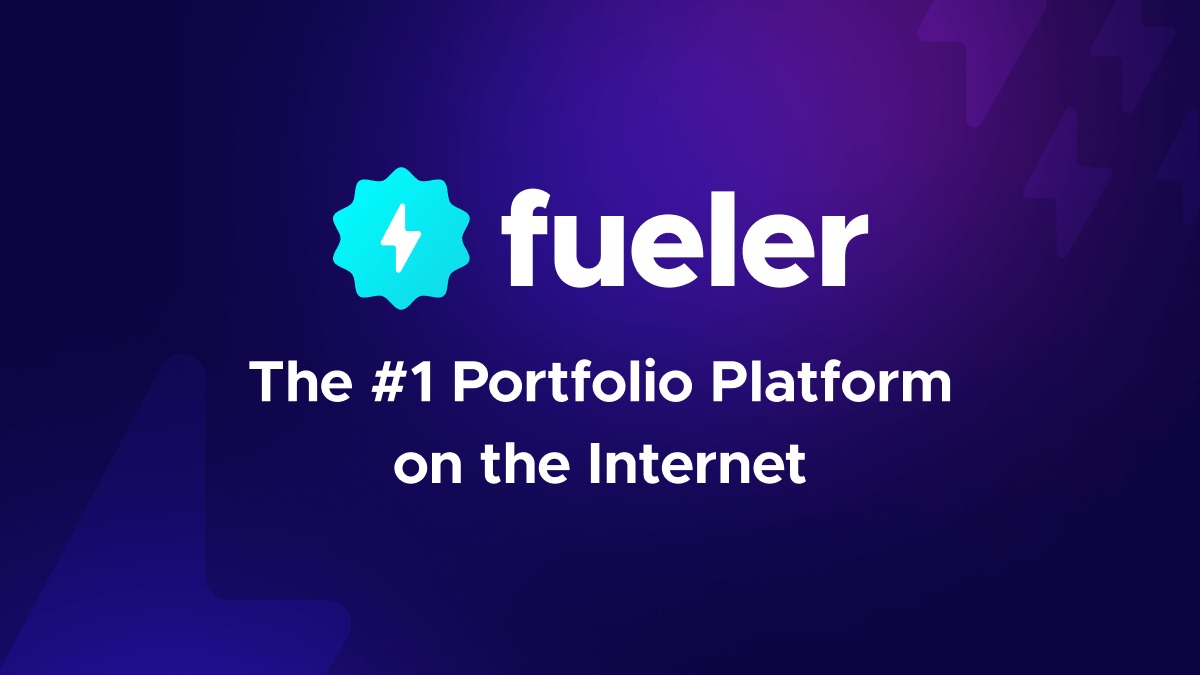Ecommerce SEO: How To Drive More Sales And Visibility Online

Team Fueler
28 Jul, 2025

You’ve launched an amazing online store. Your products are great, your prices are competitive, and your site design? Chef’s kiss. But there’s just one issue: you’re not getting the traffic or sales you expected. Despite your best efforts, your store is buried beneath a sea of competitors on Google.
It's frustrating. You see your competitors dominating search results even when your product is clearly better. Meanwhile, you're spending money on ads just to get a few clicks.
Your bounce rate is high, and your abandoned cart rate? Don’t even ask. Every month that passes without proper search visibility is a missed revenue opportunity.
This is where Ecommerce SEO becomes your digital secret weapon. With the right SEO strategy, your store can rank higher on Google, attract more qualified traffic, and convert visitors into loyal customers without relying solely on paid ads.
Read on to learn everything you need to know about Ecommerce SEO, from foundational tactics to advanced strategies.
What Is Ecommerce SEO?
Ecommerce Search Engine Optimization refers to optimizing your online store so it will rank higher in search engines like Google. This includes optimizing product pages, category pages, blog content, and technical elements to drive organic traffic, increase conversions, and improve user experience.
Unlike general SEO, Ecommerce SEO focuses heavily on:
- Keyword-optimized product descriptions
- High-performing category pages
- Structured data for product listings
- Fast page load times
- Mobile responsiveness
- User intent and buying journeys
Ecommerce SEO helps potential buyers find your products without you needing to chase them with expensive ads.
Why Ecommerce SEO Is Critical for Online Success
Still unsure whether SEO is worth the effort? Here's what it can do for your ecommerce business:
Increase organic traffic
When your products show up more often in searches, you gain extra chances to convert shoppers into buyers.
Lower customer acquisition costs
Organic traffic is free, unlike paid ads that stop working once you stop spending.
Improve conversion rates
SEO-optimized ecommerce websites are more user-friendly and provide the information customers need to make a purchase.
Attract repeat visitors
Blog content and internal links can keep users coming back to explore related products.
Build brand authority
Ranking at the very top of the search engine results pages builds trust. People assume that a top-ranking ecommerce site is more credible.
5 Key Elements of a Powerful Ecommerce SEO Strategy
Here’s what makes an ecommerce SEO strategy powerful and effective:
1. Ecommerce keyword research that aligns with buyer intent
- Use ecommerce SEO tools like Ahrefs, SEMrush, or Google Keyword Planner
- Focus on transactional keywords like “buy wireless earbuds” or “men’s leather boots”
- Target long-tail keywords that show specific intent
- Analyze competitor keywords and identify ranking gaps
Pro Tip: Not all traffic is created equal. Go after keyword ideas with purchase intent rather than just informational searches.
2. Optimize product pages like a pro
Your product pages are your Ecommerce business's lifeblood. To make them reach more customers, AdTribes distributes your products across Google, Facebook, TikTok, and other channels automatically. Here's how to make them search engine and customer-friendly:
- Unique product titles (use target keywords)
- Compelling meta descriptions (entice clicks)
- High-quality product images
- Alt text for images (for accessibility and SEO)
- Detailed product descriptions that answer potential buyer questions
- Reviews and ratings for social proof
- Structured Data (Schema Markup) to enhance listings in SERPs
3. Create killer category pages
Category pages help group similar products together and often rank better than individual product pages.
- Use descriptive headers and subcategories
- Add introductory text with relevant keywords
- Ensure pages are well-linked and easy to navigate
- Avoid thin content; instead, add value even at the category level
4. Technical SEO for ecommerce
Your site structure must be technically sound to perform well in search engines.
- Fast load speed (especially on mobile)
- HTTPS security
- Mobile responsiveness
- XML Sitemap and robots.txt correctly set
- No duplicate content (use canonical tags if necessary)
- Fix broken links and 404 errors
Bonus Tip: Use Google Search Console and PageSpeed Insights to diagnose and fix issues.
5. Link building & content marketing
Just like in the physical world, online credibility comes from being mentioned by others.
- Create valuable blog content targeting long-tail keywords
- Connect relevant products and category pages through strategic internal linking.
- Collaborate with influencers or guest post on industry blogs
- Get listed in relevant directories and product review sites
Content marketing also builds trust and keeps your brand top-of-mind.
How an Ecommerce SEO Agency Supercharges Your SEO
SEO is complex. It’s not just about plugging in keywords; it’s about understanding how users search, how Google works, and how your site performs technically and strategically.
That’s where reliable SEO agencies like SEOLeverage come in. They specialize in helping Ecommerce stores grow through data-driven strategies.
Here’s what they bring to the table:
- Impactful SEO site audits: Identify what’s working and what’s holding you back
- Deep keyword strategy: Go beyond obvious keywords to capture real buyer intent
- Technical optimization: From page speed to mobile performance
- Authority-building campaigns: Smart, white-hat link-building strategies
- Ongoing consulting: Regular check-ins, reporting, and data interpretation
- Experience with major ecommerce platforms: Shopify, WooCommerce, Magento, and more
With an SEO agency, you don’t just guess. Instead, you make every SEO move strategically.
FAQs
Q: What’s the difference between Ecommerce SEO and regular SEO?
A: Ecommerce SEO focuses on product pages, category pages, and transactional keywords. It needs an in-depth knowledge of buyer behavior and site architecture designed for shopping.
Q: How long does it take to see results from Ecommerce SEO?
A: Typically, 3 to 6 months. It depends on competition, site health, and the effort put into content, links, and technical fixes.
Q: Do I still need to run ads if I invest in SEO?
A: SEO brings in free, recurring traffic, but ads can still be useful for promotions or new product launches. Ideally, combine both for the best results.
Q: Can I do Ecommerce SEO on my own?
A: Yes, but it requires time, research, and technical know-how. If you want faster, more strategic results, working with an expert like SEOLeverage is highly recommended.
Q: Does Ecommerce SEO work for all platforms?
A: Absolutely. Whether you’re using Shopify, WooCommerce, Magento, BigCommerce, or custom platforms, SEO principles apply across the board.
Q: Can I use similar keywords on multiple product pages?
A: Avoid keyword cannibalization by assigning unique target terms to each page. Use variations and long-tail keywords to differentiate similar products.
Q: Should I hire an in-house SEO or an agency like SEOLeverage?
A: If you need deep ecommerce expertise, scalable resources, and ongoing support, partnering with a specialized agency often delivers faster, more cost-effective results than building an in-house team from scratch.
Q: How important are product reviews for Ecommerce SEO?
A: User-generated reviews enrich on-page content, improve trust signals, and can boost search engine rankings for long-tail queries, all while encouraging conversions.
Final Thoughts
Ecommerce success is about being found by the right people at the right time. Ecommerce SEO gives you that edge by making your store more visible, clickable, and profitable.
So don’t let your competition steal the spotlight. With the right strategy and partner like SEOLeverage, you can turn browsers into buyers and clicks into conversions.
Schedule a strategy call with an SEO agency now and let their team map out your growth path.
What is Fueler Portfolio?
Fueler is a career portfolio platform that helps companies find the best talents for their organization based on their proof of work.
You can create your portfolio on Fueler, thousands of freelancers around the world use Fueler to create their professional-looking portfolios and become financially independent. Discover inspiration for your portfolio
Sign up for free on Fueler or get in touch to learn more.


